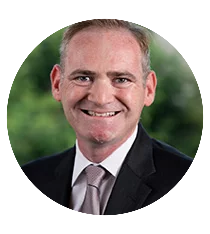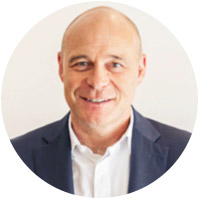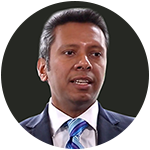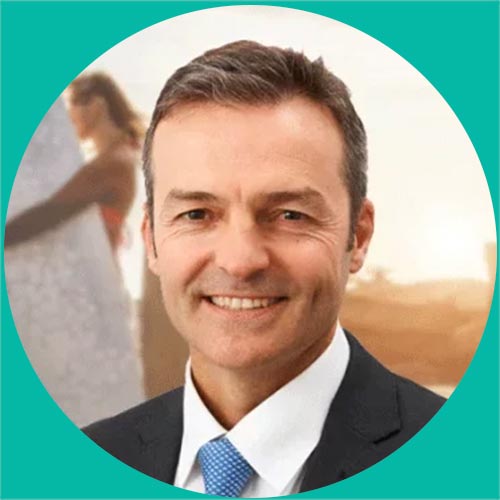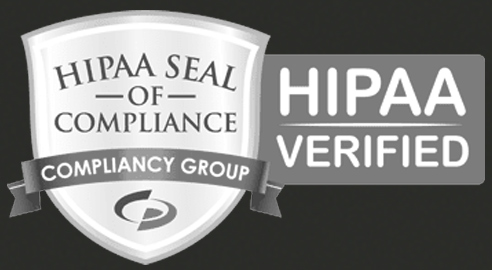Practice planning by Rod Solar featured in Eurotimes September 2011
Mind your Money. Managing personal and practice funds is an essential practice-building skill
Practice planning advice offered by Rod Solar featured in a Eurotimes article in September 2011, which treats the topic of managing your finances and practice-building skills. The full article by Howard Larkin is below:
“Where is all my money going?” It is one of the most common questions that Irish accountant David McCaffrey hears from doctors. And the economic downturn has lent the question new urgency. With practice receipts down, it’s more important than ever to manage overheads. If you don’t, your private practice efforts could easily cost more than you bring in.
The first step toward understanding and controlling costs seems obvious – though Mr McCaffrey says it’s one many practitioners overlook. It is simply to regularly review your practice operations and cash flow.
“We prepare monthly or quarterly management accounts for our clients and these form the basis of regular meetings during the year. This helps practitioners better understand their operations and make adjustments. By managing practice finances on a monthly basis the practitioner can react with greater speed to unforeseen events,” says Mr McCaffrey of MedAccount Services, Dublin, Ireland. He will present a seminar on financial issues at the ESCRS/EuroTimes Practice Development Workshop and Masterclass, which will be held on November 12 and 13 in Dublin.
Separate business and personal accounts
While most doctors’ personal and practice finances are closely interrelated, it is critical that they be managed separately, Mr McCaffrey says. “Many practitioners run all of their business and personal income and expenditure through one account and this can cause difficulty in trying to manage a practice.”
A separate practice account makes it easier to track expenses, which in turn facilitates planning, Mr McCaffrey notes. “Management accounting cash flow figures can be used to create forecasts for the following 12 months, and models created with different levels of income and expenditure. This allows you to be proactive in managing the difficult trading environment that many practitioners operate in today.”
It may also be wise to separate your retirement finances from your practice finances as well, Mr McCaffrey says. “In the past many practitioners viewed their practices as their retirement plan. But with the fall in practice valuations and pension fund values, retirement planning is now a real issue.” He recommends consulting with a qualified pensions adviser to develop a realistic plan.
Payroll can also be a difficult issue for practitioners – and one that can land you in trouble if you fail to properly report it and pay any appropriate fees and taxes. “It is not uncommon to find actual staff wages paid being different to amounts recorded in payroll systems,” Mr McCaffrey says. He notes that few practitioners have the capacity to manage complex practice finance issues, particularly if they are in solo practice. Therefore, he advises private practitioners keep in regular contact with a business support team so that any issues that arise within the practice can be dealt with early.
Finding a qualified financial adviser
Given the financial and even legal stakes, it’s clear that your accountant or financial adviser must be well versed in financial management practices as well as applicable laws and regulations. Chartered, registered or certified professionals generally possess these skills.
But Mr McCaffrey says an adviser also should be familiar with your business. “It is important that an accountant or financial adviser should be suitably qualified and has the experience to understand the business model being operated. By understanding the clinical care pathway the accountant can provide more specific advice.”
Access is also important, Mr McCaffrey says. “Accountants and financial advisers should be providing advice and support throughout the year and should be readily accessible. For example, in our practice all of our clients have our mobile phone numbers and regularly contact us after hours. The
accountant or financial advisers should be used as part of the business support team.”
Legal protection
Similarly, it may be wise to consult a lawyer experienced in healthcare issues to review practice operations for legal compliance and defence of possible malpractice claims, says Dublin barrister Paul McGinn. “Documentation is especially important. When a case comes to trial, what is in the record often matters far more than what you actually did.” Mr McGinn will present a model for reviewing legal documents and procedures that practices should have in place to ensure you meet requirements in employment, data protection, confidentiality, consent, health and safety and clinical documentation. He strongly advises checking with a lawyer familiar with your national and local laws to ensure such an audit covers all necessary topics.
“London-based marketing expert Rod Solar, of LiveseySolar Practice Builders, will offer practical advice on overcoming common barriers to growing a practice, and a seminar on practice planning.”
Practice planning
London-based marketing expert Rod Solar, of LiveseySolar Practice Builders, will offer practical advice on overcoming common barriers to growing a practice, and a seminar on practice planning. He will share a case study of how an ophthalmology practice used e-marketing to increase revenues and market share.
Even public practices may be threatened as government health programmes face shrinking budgets, adds Keith Willey BSc, MBA, associate professor of strategic and international management and entrepreneurship at London Business School. “Public health is coming under such pressure that hospitals and other centres of excellence will be given less resources in the future and could even face closure. In this scenario, they may find that they would be wise to look for new management ideas developed by those working in private medicine.”
Ophthalmology as a business
Prof Willey will supply attendees with a unique focus on ophthalmology as a business, and how to build a practice that meets individual needs, using a case study developed by London Business School.
“Health services, whether private or state funded, need a strong managerial and financial base to progress and provide all the support our patients deserve,” says Paul Rosen FRCOphth, MBA, chair of the ESCRS Practice Development Committee.
“This is particularly relevant in a fast developing specialty such as ophthalmology, where technological advancement has been stunning, but which requires rapidly rising funding in what is becoming a highly competitive market.”
Related Posts
Meet our Co-Founders
We’re passionate about helping leaders of high-quality, growth-minded practice owners double their practice revenue
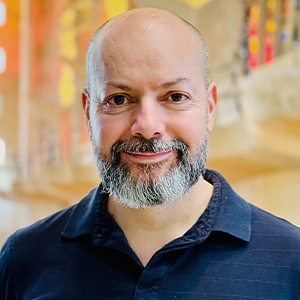
Rod Solar
Founder & Scalable Business Advisor
For over 20 years, I’ve helped ophthalmology entrepreneurs scale their private practices. I specialise in doubling revenue within three years by offering a proven framework, hands-on experience, and a team of experts who implement what works. We take the guesswork out of growth and scale, so you can focus on delivering exceptional patient care while maximising the value of your business.
LiveseySolar completely transformed the way we were approaching this… We’ve gone from having just the dream of having a practice to having a practice up and running with people making inquiries and booking for procedures… It’s extremely pleasing. We feel lucky we connected with LiveseySolar.
— Dr Matthew Russell, MBChB, FRANZCO, specialist ophthalmic surgeon and founder of VSON and OKKO

Laura Livesey
Founder & CEO
I’m the co-founder & CEO of LiveseySolar. I’ve developed powerful eye surgery marketing systems that increase patient volumes and profits for doctors, clinics, and hospitals, since 1997.
Rod and Laura know as much about marketing surgery to patients as I know about performing it. They are an expert in the field of laser eye surgery marketing. They know this industry inside out. I believe that they could help many companies in a variety of areas including marketing materials, sales training and marketing support for doctors.
— Prof. Dan Reinstein, MD MA FRSC DABO, founder of the London Vision Clinic, UK


